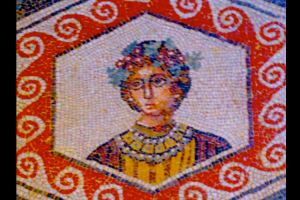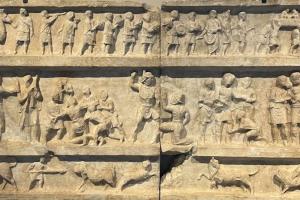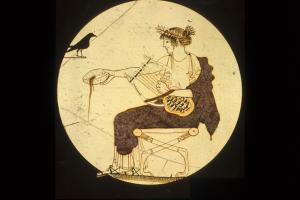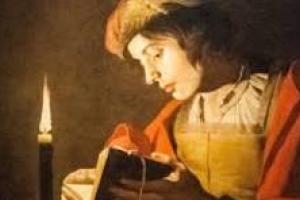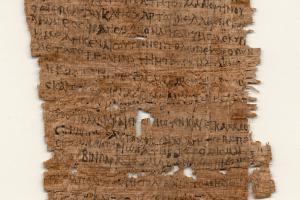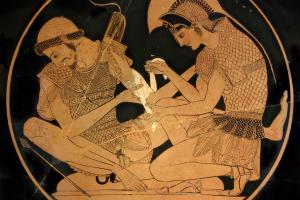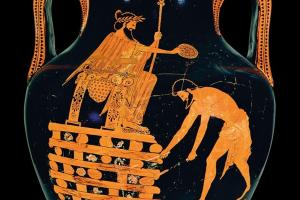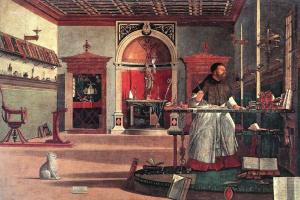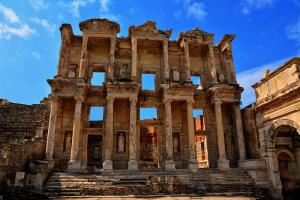Spring 2025
This course presents an overview of the highlights of Roman civilization with particular emphasis on major literary works and how they reflect Roman culture. The discussion sections will provide supplementary information and an opportunity to discuss topics addressed in the lectures.
This course provides an introduction to the archaeology of the Roman world from the eighth century BCE to the sixth century CE. We will cover sites like Pompeii, monuments like the Colosseum, innovations like Roman roads and glass, and artifact classes like coins and ceramics. In our study of these topics, we will practice skills used by archaeologists to identify and interpret ancient Roman material culture.
This course is intended as an introduction to the themes, characters and images of Greek and Roman myth. We will create the universe, gods, and humans, and then focus on particular heroes as opportunities to consider the scope and interpretations of the mythology. We will consider how these ancient cultures conceived of deity, what it meant to be human and how they dealt with the mysterious and the inexplicable. Primary evidence (literary references, physical remains such as temples and monuments, and iconography in sculpture and vase painting) will be used to identify and interpret the myths, study their origins, and analyze their importance for our understanding of ancient belief systems.
An introduction to some of the most important works of classical antiquity that theorize about literature.
Learn about the ancient world’s 99%.
This course is the second part of a two-semester sequence that will enable you to start reading unabridged texts in ancient Greek, the language of Homer, Sappho, Sophocles, and Plato.
In this course, we will read selected passages from Herodotus’ Histories in Greek, as well as the entire work in English translation. We will approach the text both as a source for Archaic Greek history and as a literary work. Themes for discussion will include: Herodotus’ ethnographies of non-Greek peoples; the relationship of his historiē with epic, tragedy, natural philosophy, and early prose writing; his account of the Greco-Persian Wars of the early fifth century BCE; and his reception in antiquity and beyond.
Latin 2 is the second half of a two-semester language sequence preparing students to read Classical Latin. The course focuses on the dialect of Latin used by authors such as Caesar, Cicero, Vergil, and Ovid.
Extensive readings from Virgil's Aeneid in Latin, combined with grammar review to introduce you to reading Latin poetry with understanding and enjoyment.
Augustine’s Confessions is one of the outstanding works of Latin and global literature. At once an autobiography, a prayer, a philosophical essay, and a commentary on the Bible, the Confessions tells the story of the life and Christian conversion of Augustine of Hippo.
This is the second part of the graduate survey of Latin literature. We will be reading from the Latin literature of the Roman empire (Augustan period to the late Empire); the selected readings are diverse in genre and style in order to reflect the diversity of literary production in the imperial period.
The seminar will be devoted to the careful reading of the extant corpora of Sappho and Alcaeus (including recently published fragments), as well as surveying the secondary literature on these two poets.
This seminar, co-taught by a historian and an archaeologist, explores the dynamics of inequality in a particular time and place: the Greek Mediterranean in the first millennium BCE (ca. 800 to 100 BCE).
